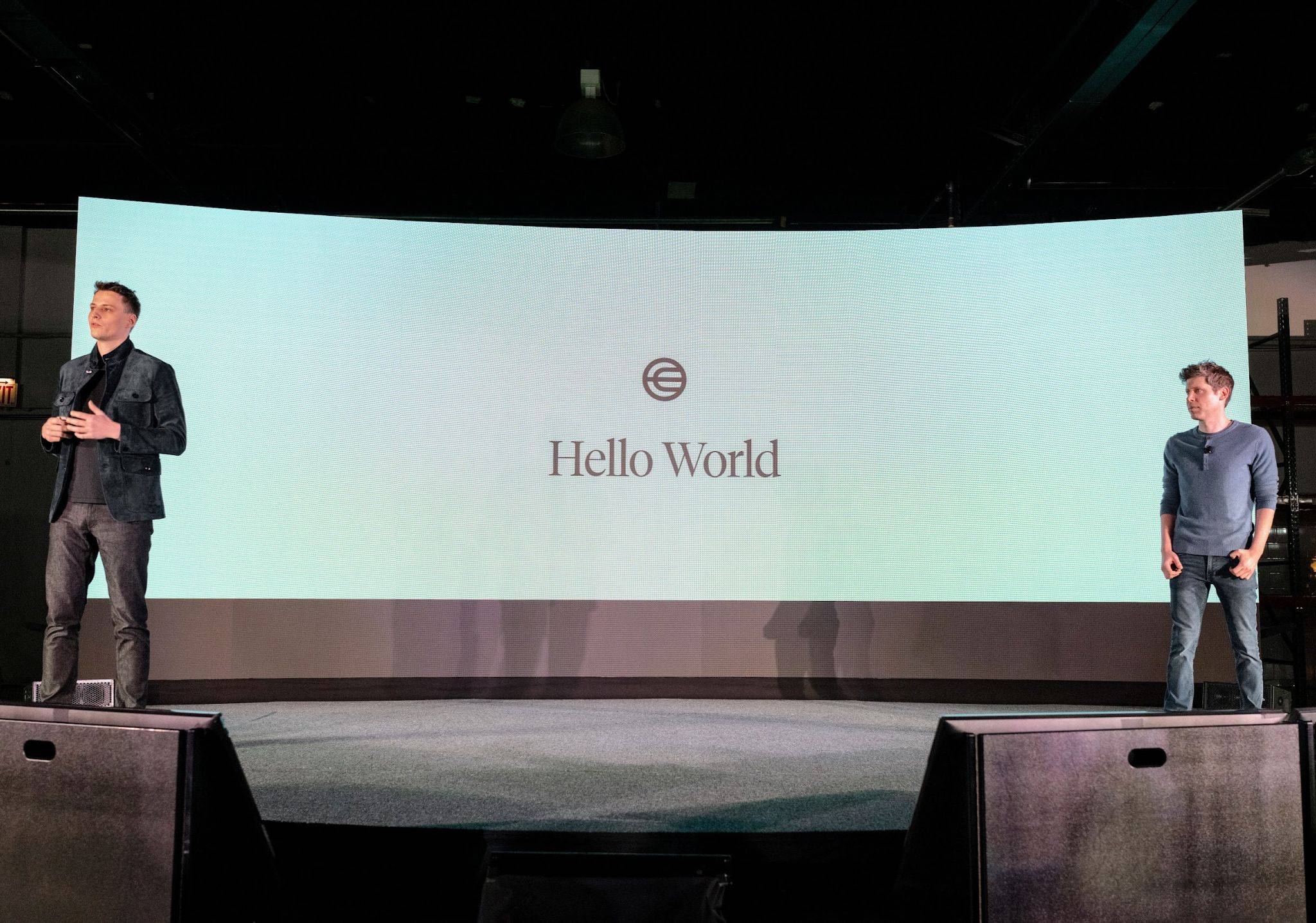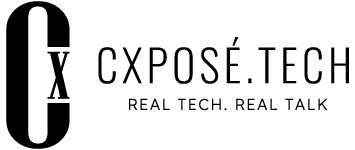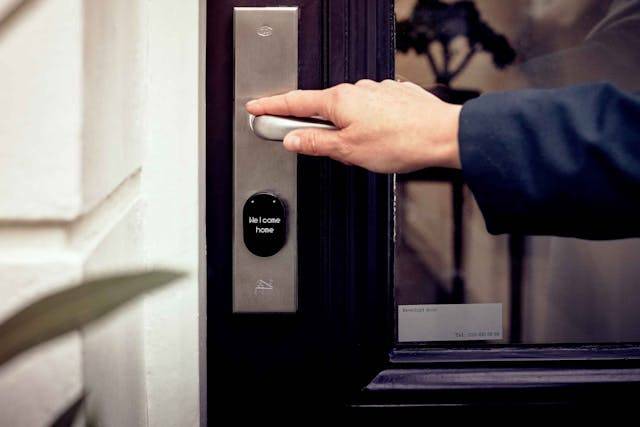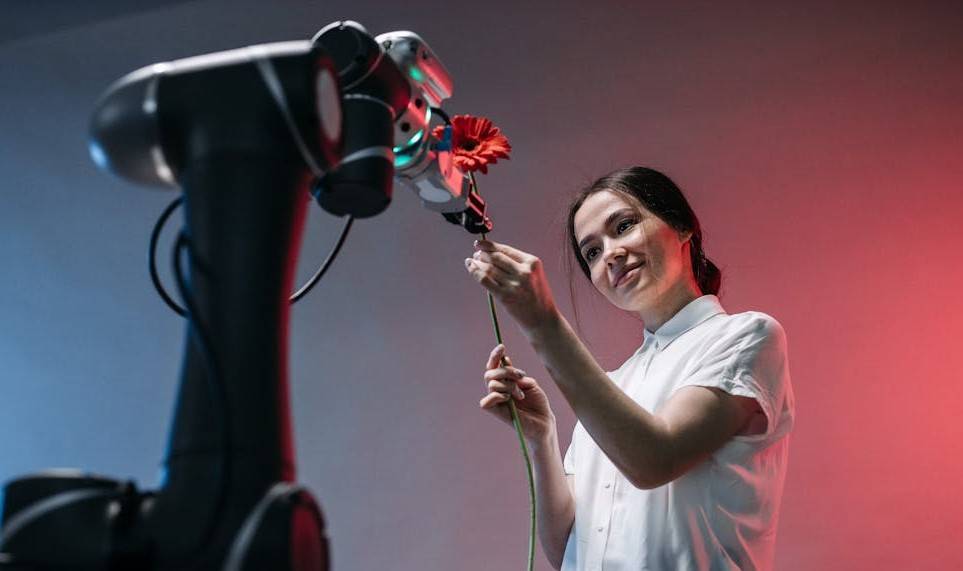It has been several months since Worldcoin first launched. Since then, it has been in the news for reasons ranging from its handling of sensitive data all the way to curiosity about a metal sphere’s relevance to digital tokens, identity, and financial inclusion.
A system that verifies you are in the targeted income range and therefore eligible for fuel subsidies. A platform to verify that you are not a bot and therefore pose no risk of defrauding e-commerce platforms. Social media platforms, online transactions, and citizen services that you can log on to, using only one single ID that verifies you are human and unique.

Pic credits to World’s Linkedin page.
These are some of the example use cases discussed during a briefing with the media. Some months after it launched in Malaysia, people are starting to realize there is more to it than being just a tool for financial inclusion. (As of May 2024, there were still reports of Worldcoins given for free to people who scanned their irises through the sphere-shaped Orb.)
Worldcoin is different things to different people – a blockchain protocol, a digital token, a mobile app, a verified digital ID – but underlying all of that is a Layer 2 blockchain infrastructure that has the potential to verify the person on the other side of the screen is a human and not a bot.
Why is this important? (Article upcoming).
The bare bones
Tools for Humanity (TFH) was described as the foundation partner for Worldcoin. It is the first developer of applications on top of the World protocol which is open and public for other developers to build on top of. The powers-that-be determined it will start off with finance, identity, and community.
According to TFH’s whitepaper, the first 2,000 orbs were funded by TFH, and the World Foundation (which manages the treasury of World tokens called WLD) expects to increase this to over 50,000 Orbs, via licensed service providers that would manufacture them.
Local set up
In Malaysia, Worldcoin has partnered with MyEG Services Bhd and the government’s applied research and development arm, MIMOS Berhad, to make a few things happen. From conversation during the media briefing, these notably are to:
- Co-locate physical Orb devices at existing MyEG locations
- Possibly integrate the World blockchain protocol with Malaysia’s own blockchain infrastructure
- Possibly come to agreement with MIMOS for MIMOS to manufacture the Orb devices locally
Meridian East, part of venture capital group Nordstar that lists Worldcoin as its portfolio company, offers go-to-market and growth advisory services to Worldcoin in Asia, with presence already in Malaysia, Philippines, Korea, and Japan.
It is the entity that manages franchise-like operations, local partnerships, and potential integration with local/national identity verification infrastructures, as well as build a distribution network for World Orbs, like it has with MyEG.
The current goal is to build up a network of verified users in Malaysia and the broader Southeast Asia region, which World sees as an important market for expansion.
Iris scanning and cryptography
People need to scan their irises through a sphere-shaped device called the Orb to ensure everyone is human and only signs up once. Iris patterns are unique to each person and the Orb would generate an identifier code of sorts which is saved on the Worldcoin’s decentralized blockchain to maintain its integrity and uniqueness.

On top of this, blockchain and cryptography comes into play to ensure that personal identifiable information (PII) is not shared. World thinks it is important for our information not to be shared with people we don’t want it to be shared with.
This lack of identity is possible with Zero Knowledge Proof (ZKP) that enables a person to prove their credentials without sharing.
The only important thing is to validate that you are human and unique, which is what the Orb does.
Another way to think of how ZKP works is like this – now, if we want to inform our income range to be eligible for subsidies, we actually have to declare our income. So, the way that ZKP works is it informs if your salary is in the range for subsidy eligbility, without revealing your actual income.
And this is powerful.
The larger implications
World has come under scrutiny in some countries for the way that it collects user’s data, specific data processing activities it conducts, and lack of user notification or clear data retention policies.
All this aside, a solution like Worldcoin’s can be complementary to a country’s digital ID ambitions. Its ZKP capability addresses a majority of current onboarding or KYC practices that over-collect personal data.
Also, traditional methods like CAPTCHA are becoming less effective at keeping out non-human entities that are powered by artificial intelligence. This can increase the risk of automated entities like bots to log on to public forums to skew public opinion or online poll results, for example.
In the bigger scheme of things, how important are issues like these to individuals right now?
There is belief that even if the layman at an individual level doesn’t think (skewing public voting) is a problem, institutions and governments are going to think it’s a problem.




